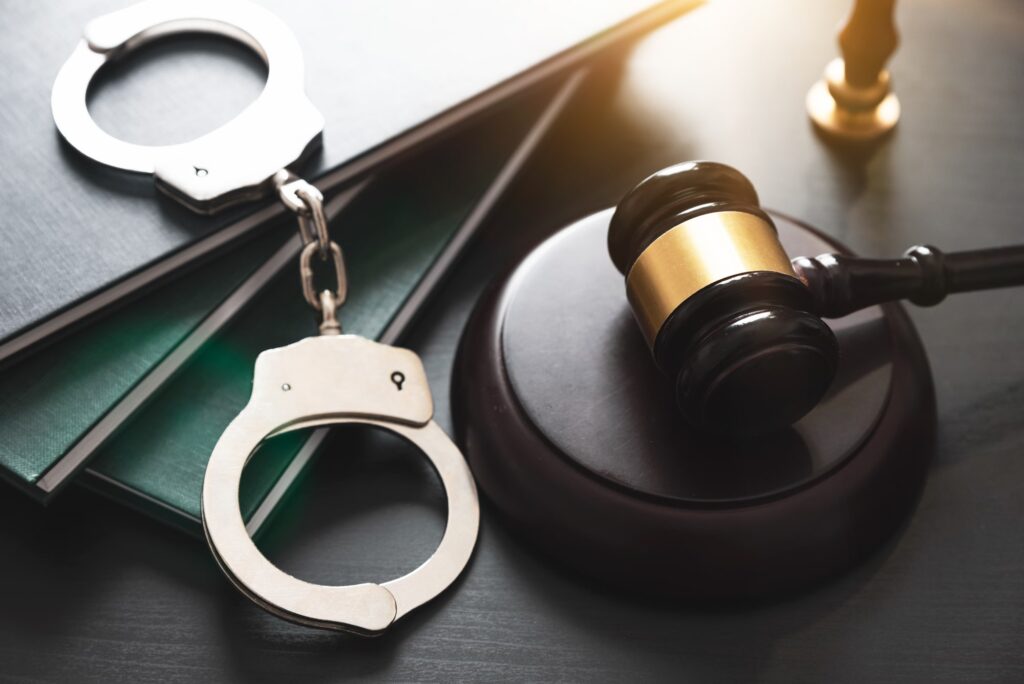When it comes to navigating the complex world of criminal defense, it’s crucial to recognize that not all cases are the same. Different cases require different strategies, and the choice of the right strategy can often be the defining factor in achieving a successful outcome. In this blog, we’ll explore various defense strategies that criminal defense lawyers employ to protect their clients’ rights and interests.
- The Alibi Defense: One of the most straightforward defense strategies is to establish an alibi. This means proving that the accused was in a different location at the time the alleged crime was committed. Gathering evidence, such as surveillance footage, eyewitness accounts, or electronic records, can be pivotal in this defense strategy.
- Self-Defense or Defense of Others: In cases where the accused used force to protect themselves or someone else, the self-defense or defense of others strategy may be employed. This strategy hinges on demonstrating that the accused reasonably believed they were in danger or that they were protecting another person from harm.
- Mistaken Identity: Mistaken identity is a common defense strategy. It involves asserting that the prosecution has charged the wrong person. This may require presenting evidence of an unreliable eyewitness account, the existence of a look-alike, or flaws in the investigative process.
- Insanity Defense: In cases where the accused’s mental state is in question, the insanity defense can be used. This strategy argues that the defendant was not mentally competent at the time of the crime, and thus, they should not be held criminally responsible.
- Entrapment: Entrapment is another defense strategy that involves claiming that the defendant was induced or coerced into committing a crime by law enforcement. To succeed with this strategy, evidence must show that the accused would not have committed the crime without such inducement.
- Evidence Suppression: The evidence suppression strategy challenges the legality of the evidence presented by the prosecution. If it can be proven that the evidence was obtained through illegal means, it may be excluded from the trial, weakening the prosecution’s case.
- Plea Bargaining: Sometimes, the best strategy is not to go to trial at all but to negotiate a plea bargain. This involves the defendant agreeing to plead guilty to a lesser charge or accepting a reduced sentence in exchange for cooperating with the prosecution.
- Character Evidence: Character evidence involves presenting positive aspects of the defendant’s character to counteract negative portrayals by the prosecution. This strategy can be especially effective in cases where the defendant has a strong reputation in the community.
If you or someone you know is facing criminal charges, it’s essential to consult with an experienced Arlington, VA criminal defense lawyer. They can assess your situation, determine the most appropriate defense strategy, and work diligently to protect your rights and achieve the best possible outcome. Don’t hesitate to reach out to us at May Law, LLP for expert legal guidance and representation in your time of need.
Your legal team is here to help you navigate the complexities of the criminal justice system and provide you with the strong defense you deserve. Contact us today to discuss your case and explore your defense strategy options. Together, we can work towards a brighter future.

